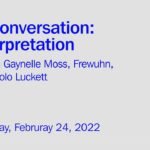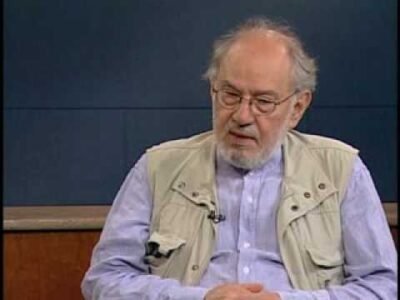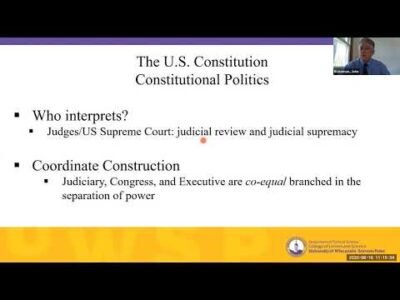Secularism is the political doctrine defined, broadly speaking, by the idea of separation between religion and the state. The secular nature of the state does not imply an anti-religious attitude. The separation between religion and state is meant to preserve religion against political interference as much as it intends
To safeguard the political sphere from religious intrusion. Secularism is not meant to restrict religion, but to provide the legal framework, the religion-state arrangement, which guarantees the free exercise of religion or belief. In our increasingly pluralistic societies,
It is crucial to understand that there is no one ideal model of secularism, but rather a wide variety of historical paths, resulting in different religion-state relations. These include French laïcité, American disestablishment, British and Scandinavian established state churches and concordatarian preferential model as in Italy and Spain.
Each model can lead to a robust legal protection of the right to freedom of religion or belief, but only if the state strives for neutrality and works to combat discrimination based on religion or belief. The core ethical and normative right of freedom of religion or belief
Is universal, but the legal arrangements to protect it can be very different. For example, on the hotly debated issue of religious symbols in the public sphere, from the burqa ban to the presence of crucifixes in public school classrooms, the doctrine of the margin of appreciation
Allows the European Court of Human Rights to take into account the cultural, historic and philosophical differences of the particular national authority in determining when interference with freedom of religion or belief becomes necessary in a democratic society. To build vibrant civil societies, democratic states should include
Not exclude religious and belief voices in public debate, as this can strengthen the common good.
#Secularism #good #bad #freedom #religion #belief







No comment yet, add your voice below!